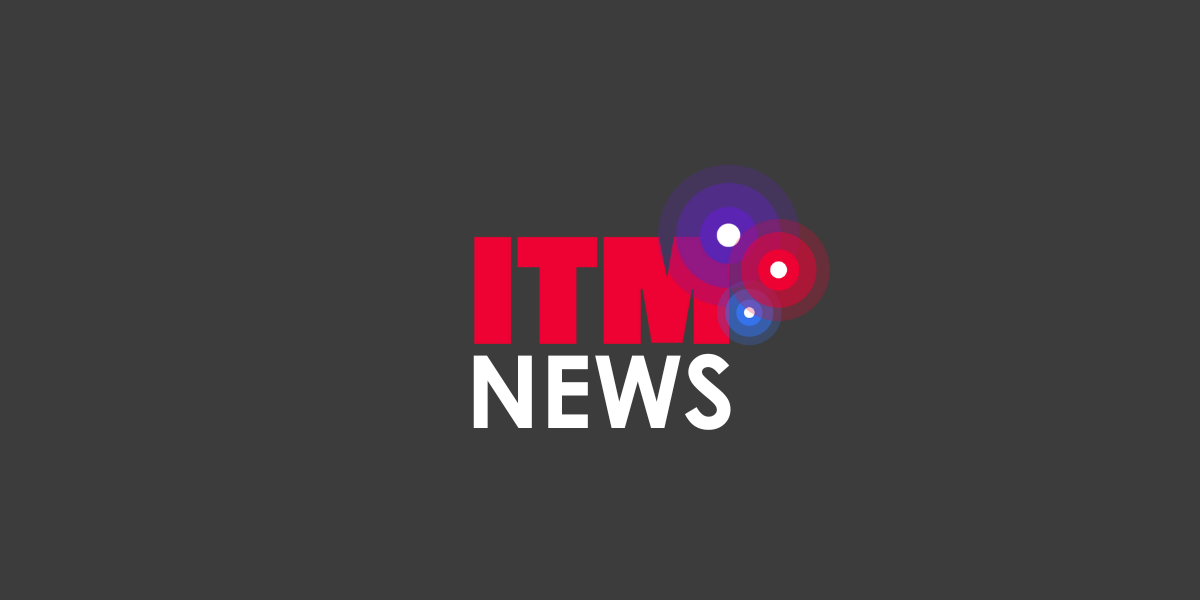The Value of a Managed Travel Programme

A Managed Travel Programme is when a business takes a strategic approach to managing travel as it would with any other controllable expense. By conducting such an in-depth review, businesses benefit in many areas, such as: cost savings, process improvements, compliance, and traveller safety.
The aim of the Travel Programme should be to provide value, rather than just cut cost. For example, rather than move from Business Class on air tickets to Economy as a first step, shrewd negotiation can often reduce the business Class fares through discounts taken at point of sale. However, the ‘best fare of the day’ approach (such as the lowest fare made available by an airline on the day of travel) may still be more beneficial. Understanding the various options is vital for a managed travel programme to be effective.
Although most large companies currently have a Managed Travel Programme, there are numerous small and mid-size organisations that do not. By implementing a programme, these organisations would see an ROI of around 10-12%* through the leveraging of suppliers, consolidated purchasing, and monitoring of the businesses corporate travel costs.
Understanding the key elements of a Managed Travel Programme
It is important to understand the many components and stakeholders involved in a managed travel programme for it to be effective, and obtain the buy-in from its users. The more that you can show how your travel programme is delivered, the better the results will be in compliance and cost-reduction.
� Creating a Travel Policy
A Corporate Travel Policy is a set of rules that guide travelling employees, and defines what is acceptable expenditure and what is not. The policy should support business goals, the ethos, and culture of an organisation.
As different companies have different cultures, one size does not necessarily fit all when it comes to travel policy, and adopting the policy from one company to another will not inevitably deliver the same results.
A travel policy should be kept simple (maximum two pages) with the intention of having 90% of your travellers understand 80% of the policy. From those two pages, a policy matrix can be built up.
Use our Travel Policy Resource as a template for creating your company’s policy.
� Utilising a Travel Management Company (TMC)
TMC’s are business travel agents that not only help book travel, but will help gain control and visibility of a business’s travel spend. Depending on the organisational size, the number of travellers, and who in the company procures travel, a Travel Management Company may be a necessity.
With 100’s of TMC’s available, qualifying and choosing the right one can be a lengthy process that is not just about finding the right partner, but also implementing the right configuration.
Depending on whether you require regional, national, or global coverage for your business travel requirements, the size of the TMC may not be as important as the cultural fit. Larger TMC’s may have lower transaction fees, but you may find that regional travel agents provide a more bespoke service and have more local purchasing power in locations off the usual circuit.
You’ll find a Guide to TMC RFP Solicitation, TMC RFP Document Template, and a TMC Pricing Comparison Calculator in our Resource section.
� Introducing a Corporate Card Programme
Travel and Entertainment (T&E) is typically the second largest controllable expense after salaries, and monitoring where the travellers are spending is essential practice for a successful programme to improve policy compliance, and make travel authorisations much easier.
Utilising the card data gives Travel Managers accurate information on how much the business spends with each T&E Supplier. Using this information in supplier negotiations can help achieve greater discounts on hotels, air fares, and ground transportation, as the supplier can see where you’re spending, and can offer a more precise tailored solution to your needs as a result.
� Automated Expense Reporting
Rather than having to manually shift through piles of receipts, automating the expense process can save time and improve productivity as the reporting will already be entered into the tool. It also removes inaccuracies and inflated claims from the equation that may help reduce costs further.
In an effort to offer greater value, TMC’s may offer an end-to-end booking and expense management system that will provide you with greater ability to make use of the data. When researching who to invite to tender, the software tools available should be a factor in your decision.
Getting the Programme Right
The business travel market has evolved dramatically in the past 20 years and with emerging technologies, will continue to do so in the future. With more emphasis on end-to-end process solutions and travel booking services, procurement specialists will need to keep abreast of these changes to ensure that they are implementing the most cost and time-effective solutions to their organisations.
You will be in a good position to have a well-managed travel programme if you:
� Define your goals
� Obtain Senior Management buy-in
� Know and understand your data
� Choose the right suppliers
� Ensure both global and local deals are in place
� Measure and report your success
� Communicate, Communicate, Communicate!
Source
*GBTA. 2014. What Costs and Savings Do Managed Travel Programs Experience? [ONLINE] Available at: http://www3.gbta.org/l/5572/2014-11-03/xgm69.



